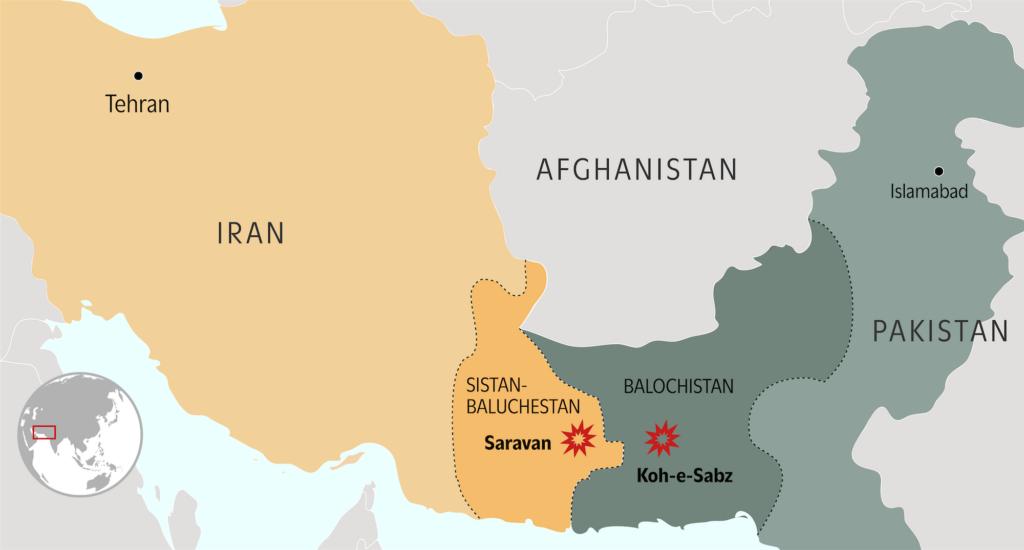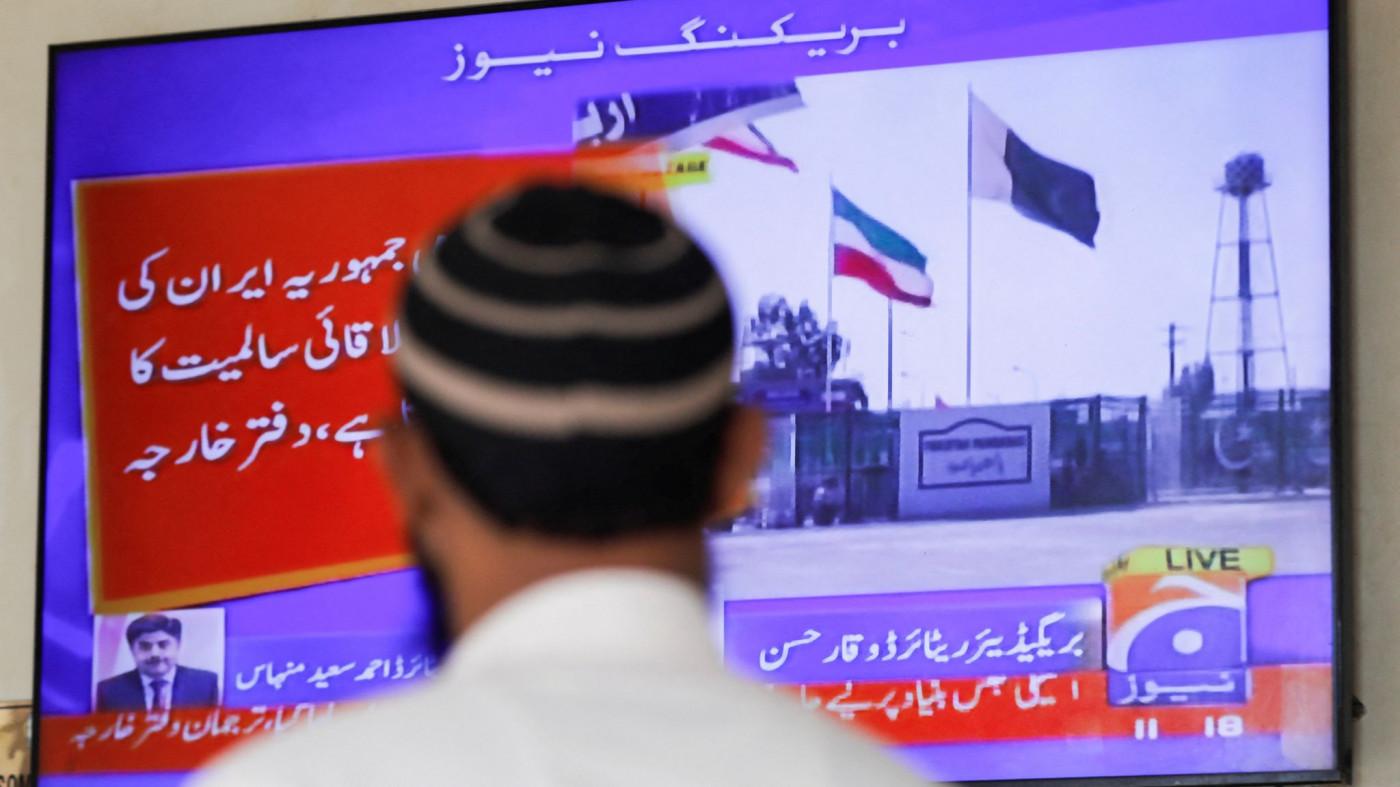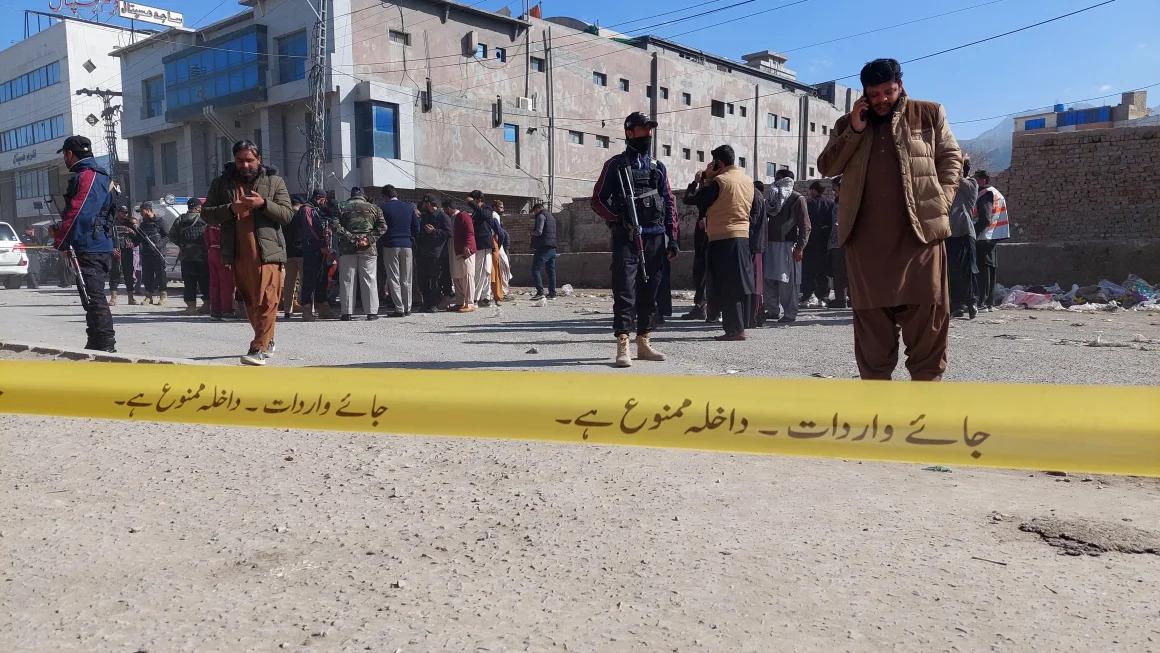Why are Iran and Pakistan bombing each other? Neighbour fires back
On January 18, Pakistani Armed Forces carried out targeted strikes in Iran after Tehran launched similar attacks the day before, in an escalation of tensions. Both countries have said the strikes were carried out against militant hideouts. The tit-for-tat response from one nuclear-armed country and another researching warheads is the most significant escalation between the two neighbours who have had testy relations in the past.
The deadly escalation between the main regional actors occurred in light of the ongoing war and geopolitical turmoil in the Middle East triggered by the Israel-Hamas war. The Iranian attack sent shock waves through the already tense region, raising fresh concerns over stability just weeks ahead of Pakistan's crucial national elections.
However, the Iranian authorities claim that the precise airstrikes were aimed at Jaish al-Adl, an Iranian group accused of carrying out recent attacks on Iran's security forces in its province of Sistan and Baluchestan. They reportedly hit a mosque and houses in a tiny village in the Panjgur district, approximately 40 to 50 kilometres from the mountainous and porous Pakistan-Iran border.

Although Iran's relations with its neighbourhood remained unstable for many decades, Pakistan was one of few countries that managed to maintain friendly relations despite its close ties to Islamabad's arch-enemy – India.
Undoubtedly, Pakistan has harboured suspicions about Iran’s cordial relations as Islamabad has also resented Tehran’s efforts to politicize the country’s Shiite minority. Shiites constitute somewhere between 10 and 20 per cent of Pakistan’s population. With the country often racked by instability, Islamabad cannot tolerate external meddling in its highly fractious politics.
The two countries share a volatile border, stretching about 900 kilometres, with Pakistan’s Balochistan province on one side and Iran’s Sistan and Baluchestan province on the other. Both nations have long fought militants in the restive Baloch region along the border.
However, while the two countries share a common separatist enemy, it is highly unusual for either side to attack militants on each other’s soil. Nevertheless, there have been reports regarding intelligence exchange between the two states against radical Baloch militants.

Indeed, Baloch militants recently conducted several deadly attacks against Iran in border areas with Pakistan, leaving several dead behind. For example, in December 2023, Baloch rebels conducted a deadly raid on a police station in the town of Rask, killing at least 11 officers.
The Sunni militant group has disputed the official casualty figure, insisting that 50 government forces were killed and injured. Barely a month later, on January 10, another police officer was killed in a "three-hour clash" outside the same town.
Amid simmering tensions in the Middle East and deepening confrontation with the West, Iran renewed efforts to counter "external threats" at its doorstep. The long-term proxy warfare methods in the Gulf and South Asia exacerbated relations with all neighbouring states, including now Pakistan. Seemingly, Tehran cautiously watched the rising activities of armed groups in border areas, which stirred fears.
As such, the recent missile attacks allowed Iran to demonstrate its strength not only in the face of external threats but also in front of the domestic arena. However, it is highly doubtful whether these missile attacks will be a solution to the fundamental security problems that Iran suffers from.

The larger regional conflict may have emboldened Iran to be more proactive in pursuing targets beyond its borders, experts say – especially as the United States walks a tightrope between de-escalating hostilities and flexing its own military might deter further moves by Iran.
Moreover, Iran’s unexpected missile attacks on Pakistan reflect mounting concern inside the Islamic Republic that its deterrence has eroded over years of failed or non-responses to a variety of assaults against its interests—sponsored by Israel, the United States, ISIS, and local militant groups.
While Iranian attacks did not alleviate its security concerns regarding the Baloch insurgency, they revealed Iran's air defence vulnerability and the impotence of its air forces to intercept Pakistani drones and jets intervening in Iranian airspace.
However, the current escalation between Iran and Pakistan will unlikely trigger a wider regional war with the involvement of conventional forces. One important reason is China, as it is the main partner for Iran and Pakistan and a significant global power, which will put eminent pressure on both sides to refrain from large-scale operations in its close vicinity. Moreover, under current conditions, Iranian conventional forces are unable to confront better-equipped and trained Pakistani Armed Forces.








